
The project Peer Learning Activities and Resources for Social Inclusion in Mobility Programmes (PLAR-4-SIMP) is a 2-year project co-funded by Erasmus+ KA3 Support to Policy reform "Support to the implementation of EHEA reforms - 2019".
As the new Erasmus+ Programme and the European Higher Education Area (EHEA) aim to achieve better inclusiveness in mobility programmes, higher education authorities and institutions are in the process of considering, planning, and implementing reforms to widen the participation of students from disadvantaged groups in mobility programmes.
In this project, an international consortium will organize two peer learning activities on social inclusion in mobility programmes to strengthen mutual learning and deepen the exchange of practices between EHEA countries in different implementation stages. Based on identified needs, the consortium will develop a multi-use "toolbox on inclusive mobility” that contains a policy report and database on national social inclusion measures and practices, a communication package to promote outward mobility towards students of underrepresented groups in an inclusive way and a blended training package to equip staff of higher education authorities and institutions with skills, knowledge, attitudes, and tools required to best organise inclusive student mobility in the 21st century.
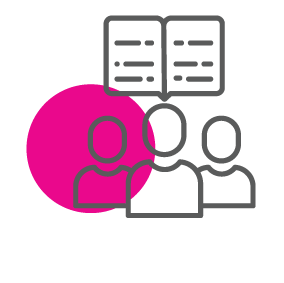
Organise two peer learning activities for ministries, universities and student representatives of 10 countries in different implementation stages. Ministry representatives and international and inclusion officers will be supported to draw up plans on how to overcome their specific challenges.

Publish a comprehensive policy report and database on national social inclusion measures and practices that have been implemented across the EHEA to widen the participation of students from disadvantaged groups in mobility programmes, in which innovative inclusive policy measures will be highlighted.
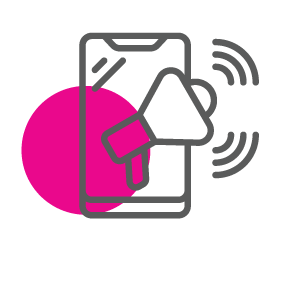
Publish a communication package to promote the benefits of outward mobility towards students of underrepresented groups in an inclusive way. The communication materials will be created in different formats and languages, allowing national authorities, higher education institutions, and student organisations to adapt the outputs to their local context.
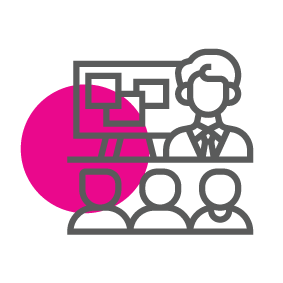
Develop a blended training package to equip staff of higher education authorities and institutions with skills, knowledge, attitudes, and tools required to best organise inclusive student mobility in the 21st century.
All outcomes will be integrated on the platform InclusiveMobility.eu and are directly implementable. As such they will contribute to more inclusive mobility programmes in the short-term.

A call will be launched to gather participants for the peer learning activities and a survey to assess national policies and higher education practices on social inclusion in mobility programmes across EHEA.
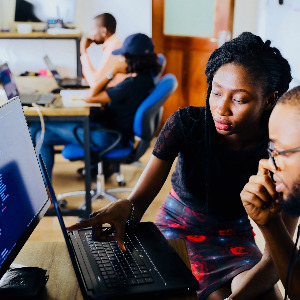
A first peer learning activity will be organised to strengthen mutual learning and deepen the exchange of practices between countries in different implementation stages.

Based on identified needs, a multi-use ‘toolbox on inclusive mobility” will be developed, containing a policy report on social inclusion measures, a communication package, and a blended training package.
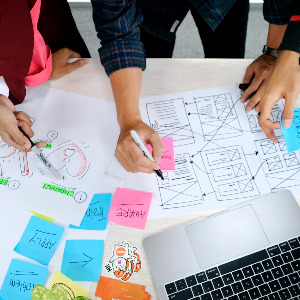
At the second PLA, participants will reflect on progress made so far. They will be equipped with skills, knowledge, attitudes, and tools required to best organise inclusive student mobility in the 21st century.

Public release of the policy recommendations and the research report, piloting the toolbox while gathering feedback from all stakeholders (students from disadvantaged backgrounds, higher education institutions, national agencies and ministries for Education)

In this conference, the project will launch its mobility toolkit and present its overall results.